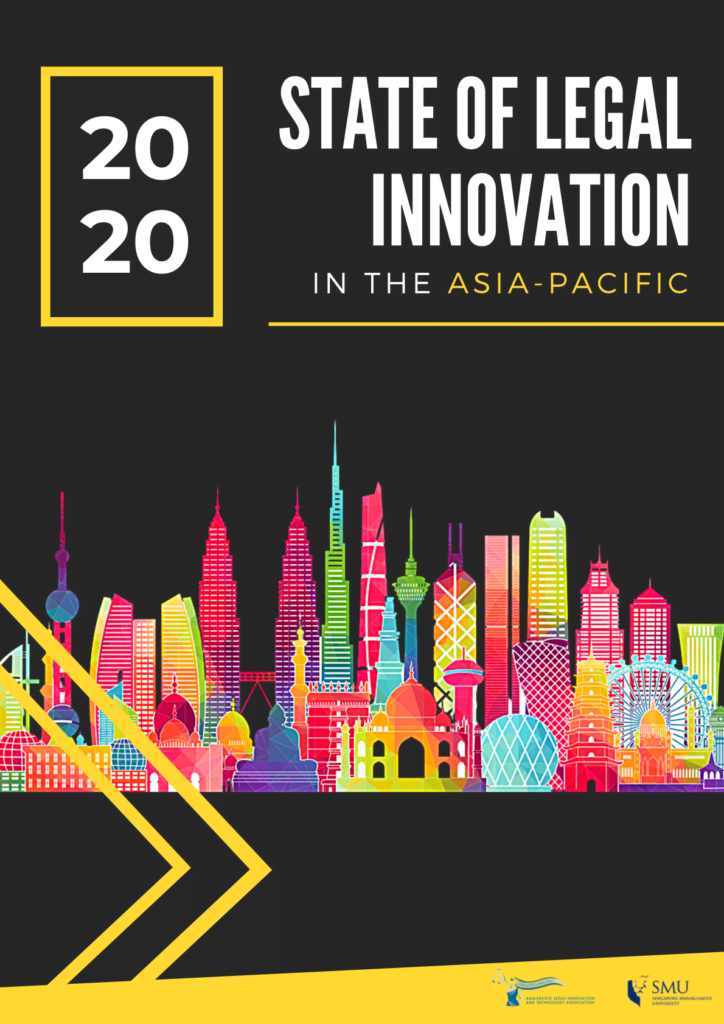Written by Lenon Ong and Elizaveta Shesterneva | Edited by Utsav Rakshit, Ong Chin Ngee and Josh Lee
An introduction to Lupl
In the last decade, the world has seen an explosion of legal technology products. However, hopes that these products would spur a new era of significantly increased productivity for law firms have not panned out. Across legal industries, the adoption of these product leaves much to be desired.
The problem, as discovered by the founders of Lupl, lies in the digital fragmentation of these legal technology products.






